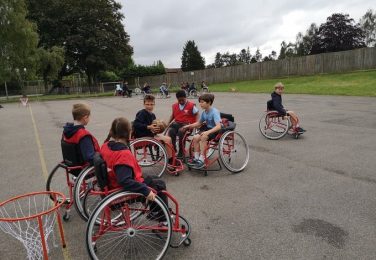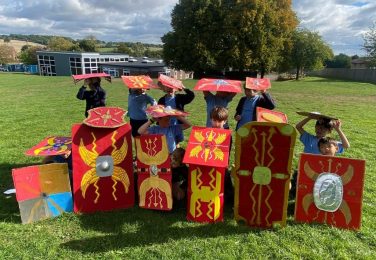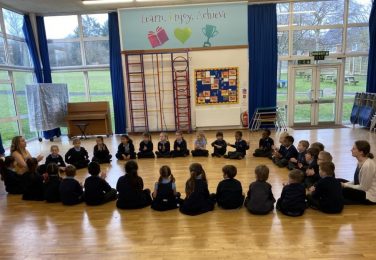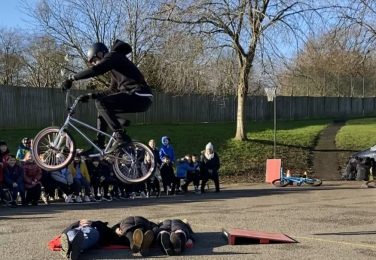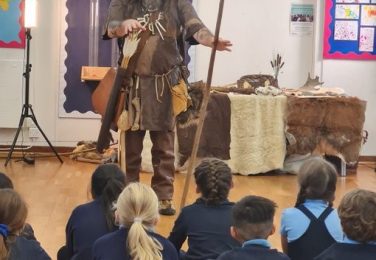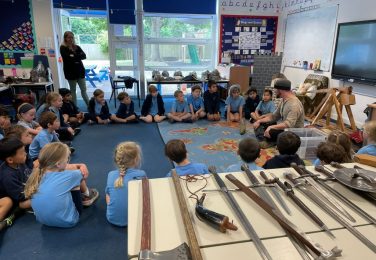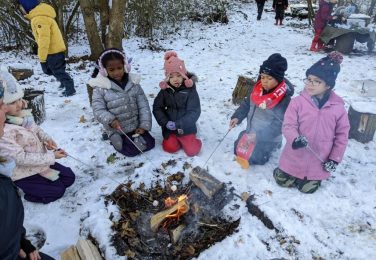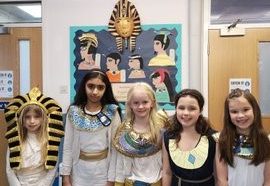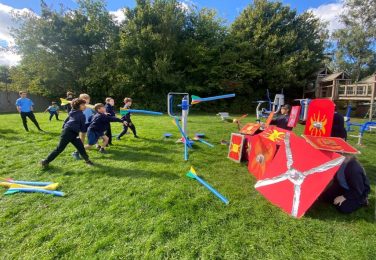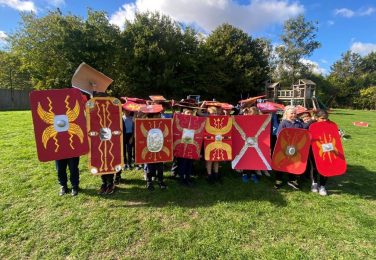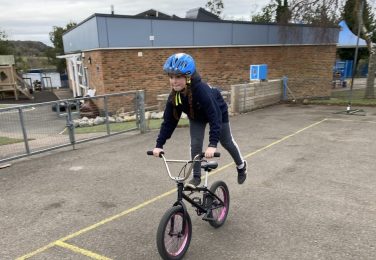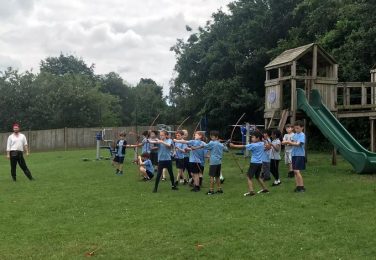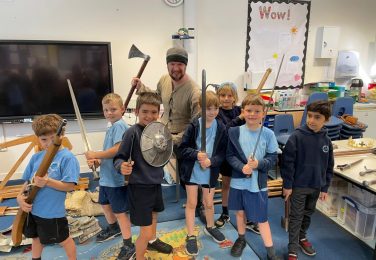The Lea curriculum clearly identifies and sets out the main content, skills, knowledge and vocabulary that children should learn during their time at The Lea. In all areas of learning this has been carefully mapped out into logical sequences of learning that maximise children’s learning. This mapping stretches from our Nursery through until the end of year 6.
We fully understand that learning happens in stages, at different paces, and at The Lea each child is enabled and equipped to move forward in their learning journey with deeper challenge & new opportunities or extra support as needed in each part of our curriculum.
Small Steps Approach
A key element of The Lea’s approach to the implementation of its curriculum will be built around The Multi-store Theory of Memory (Atkinson and Shiffrin,1968) and a small steps approach to teaching and learning.
The Multi-Store Model of memory (MSM) describes flow between three permanent storage systems of memory: the sensory register (SR), short-term memory (STM) and long-term memory (LTM). In simple terms sensory information (through a concrete-pictorial-abstract approach – J Bruner) can be transferred into short-term memory which can generally have a capacity for between 4-9 items. Through rehearsal and consolidation, information is then transferred to long-term memory – which as educators is our ultimate aim for learning.

Curriculum Planning
Our small steps approach to teaching is supported by our curriculum design and intent. This has been achieved through different layers of curriculum design.
Layer 1: The sources of our curriculum
At the top layer are the sources of our curriculum. These are where we base our learning sequences from. For some subject areas we self-design our learning sequences and for some subject areas we use carefully selected schemes of learning. Any “schemes” of learning that we use are assessed, reviewed and where appropriate adapted so that they are right for our children. Whilst all of our sources are based on learning set out in the National Curriculum and the Early Years Framework, we challenge our children to go beyond this in all subjects.
Layer 2: Long Term Overview
Our curriculum overviews represent our curriculum intent for each subject. These have been patiently worked on over an extended period of time by year group teachers and by subject leads to ensure that there is progression of skills, knowledge and vocabulary within year groups and across year groups. These are regularly reviewed to ensure this progression continues. A key element to our curriculum intent is the use of “destination questions” – these are the key points that we expect our children to learn.
The national curriculum content, knowledge and skills rows set out the progression and development of learning across each year group – mapping what it means to “get better” at a subject.
The key, fundamental learning from within these broad categories is narrowed down in destination questions for each unit of work. These are sequential and the foundations for future learning. Destination questions are used in lessons to focus learning and used by teachers to support assessment.
Our long-term overviews go from Nursery through to year 6 and can be found on each individual subject page.
Layer 3: Individual Lesson Design
Class teachers at The Lea are not expected to write individual lesson plans or weekly plans for Maths or English. Teachers are expected to spend time on designing their lessons so that they allow for small steps of progression within a lesson and between lessons. This is supported by high level questioning used alongside these small steps to continually assess and move learning forward.
Layer 4: Assessment
Assessment of what learning has taken place is used continually to inform planning and allows teaching staff to adapt the curriculum as necessary. Assessment of learning takes many different forms including teacher assessment from evidence in books or conversations with children and/or quick-fire tests to check what knowledge has been transferred to long term memory.
A large part of assessment links in to the use of destination questions. These are used throughout our curriculum plans and are then used to support assessment.
Our summative curriculum assessment measures are based on whether children have met the curriculum expectations or not. Judgements on meeting the curriculum expectations are made with regards to children demonstrating their understanding of destination questions.
Additional curriculum learning:
Assemblies
A rounded programme of assemblies help to reinforce our school curriculum and to promote pupils’ spiritual, moral, social and cultural development. They also allow for a chance to reflect on school and British values and how they relate to current affairs. On Mondays, there is a singing assembly, on Wednesday a Headteacher assembly and on Friday a celebration assembly.
External Visitors
We understand the importance of external expertise in providing inspirational learning moments for the children. We regularly invite external visitors into school – they deliver talks, workshops and full day activities across a wide range of subjects, giving pupils access to outside experiences and expertise. Visitors provide a link with the wider community – children have the opportunity to work alongside artists, musicians, authors, health professions and others.
Curriculum ‘Wow’ Moments
At The Lea, we have spent a huge amount of time considering how we can maximise learning through adding “wow” moments into our curriculum offer. This might include marching around the school grounds with self-made shields in Roman battle formation, enjoying a French style picnic or spending the day as an Egyptian Pharaoh. “Wow” moments can come in many different forms but the aim is always to provide a memorable experience for the children that will support the transfer of learning into a child’s long-term memory.

